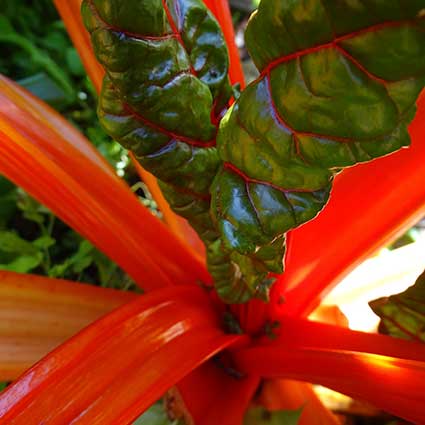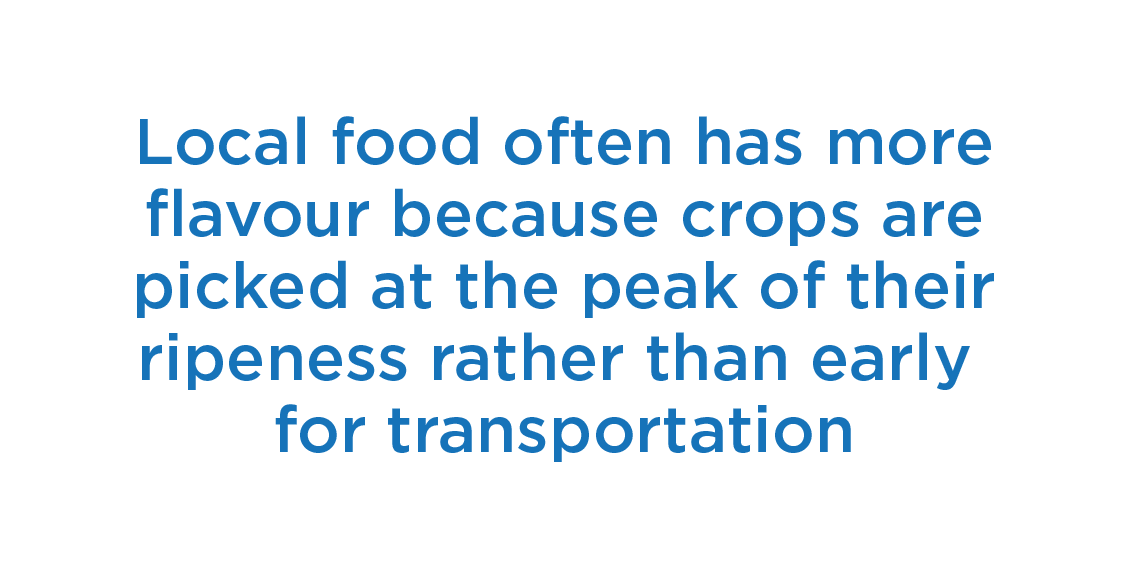


Farmers: Large food supply companies tend to drive down prices & maximise profits at the expense of farmers, local communities & the environment. Farmers often only receive a portion of the money made on their crops. Their profits go on things such as transportation, processing, packaging, refrigeration and marketing. Farmers who sell directly to local customers and local shops receive better value for their produce. Buying local food supports people in your own community, strengthens local distinctiveness and helps maintain farmland and green spaces in your community
Biodiversity: Small, local farms tend to grow a variety of fruits and vegetables (known as polyculture), while larger corporate farms grow less variety and usually focus on only one crop (known as monoculture). Having variety in crops is an important sustainability practice, as it protects against diseases, creates balance and protects the biodiversity of the land and soil.
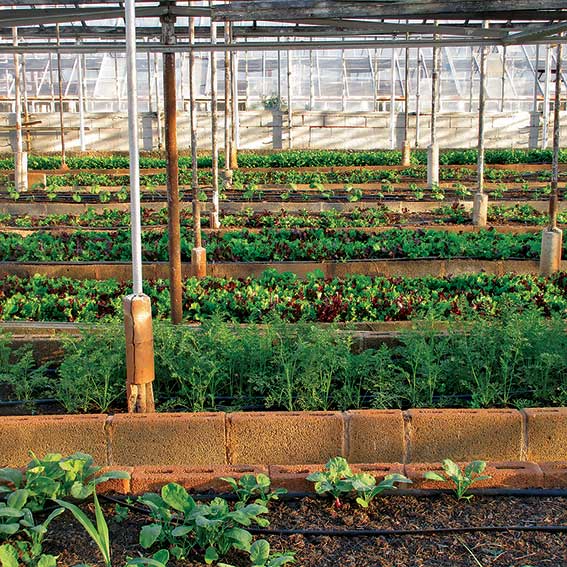
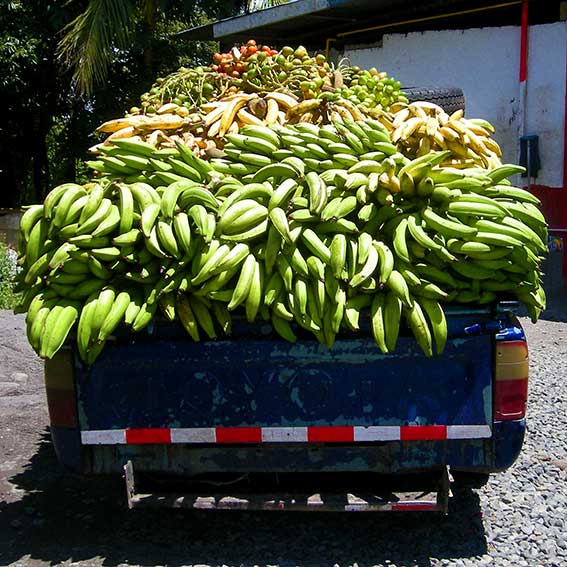
Transportation: Transporting food stuffs long distances from where they are grown, processed or packaged adds to delivery costs and contributes to greenhouse gas emissions. Energy is also used to store the food en route.
Local food often has more flavour because crops are picked at the peak of their ripeness rather than early for transportation.
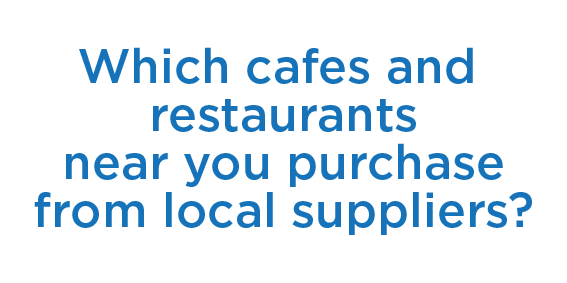
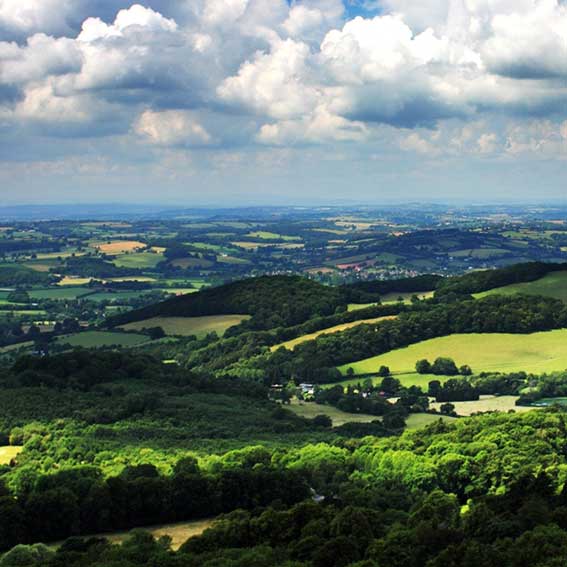
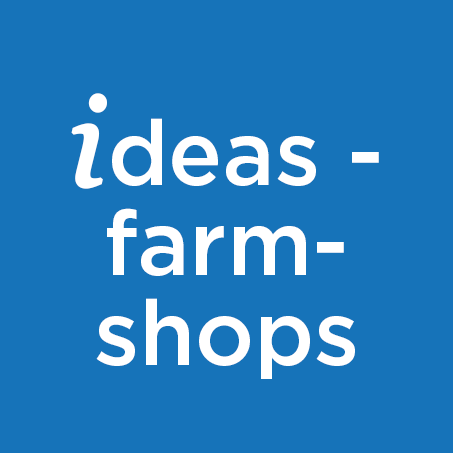

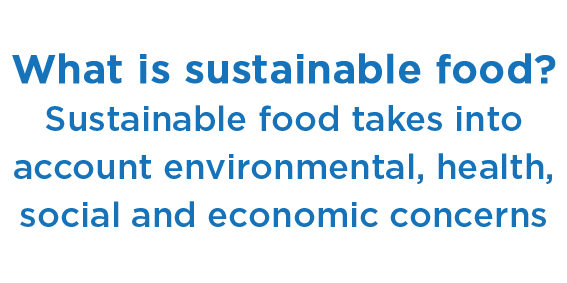
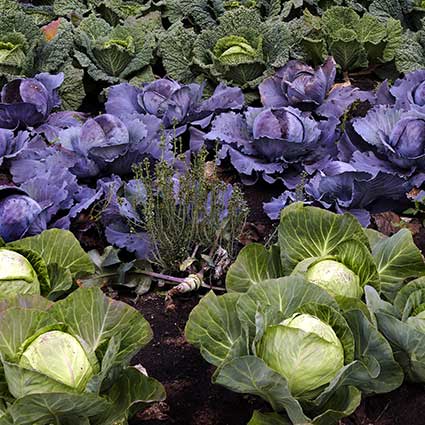

41% of Britain’s wildlife species have declined since 1970, and more than 1 in 10 are currently facing extinction. Intensive farming practices, especially pesticide use, have been identified as the main driver of these declines, but organic farming offers an alternative. Organic farms are havens for wildlife and provide homes for bees, birds and butterflies. On average, plant, insect and bird life is 50% more abundant on organic farms, and there are around 75% more wild bees on organic farms.
Organic farming also has a role to play in countering climate change - potentially offsetting 23% of the UK's greenhouse gas emissions from agriculture through soil carbon sequestration alone.
For information about organic food and the relationship between the health of soil, plants, animals and people visit: The Soil Association
For information about low-carbon farming visit: The Sustainable Food Trust
Overall, animal-based foods still tend to have a higher carbon footprint than plant-based with beef, lamb and cheese having the highest followed by pork and poultry. Livestock uses 70% of agricultural land worldwide (30% of the Earth’s surface) yet provides a fraction of the calories per unit of land than cereals or vegetables. (Sources – University of Oxford Our World in Date 24 Jan 2020; The Kindling Trust https://kindling.org.uk/ )
For information about animal welfare standards visit: Compassion in World Farming
Overfishing is a threat to marine wildlife and habitats, with nearly 80% of world fish stocks fully or overexploited. Many once common North Sea species are now overfished – with cod stocks on the verge of commercial collapse & common skate virtually extinct.
For information about fish to avoid visit: The Marine Conservation Society
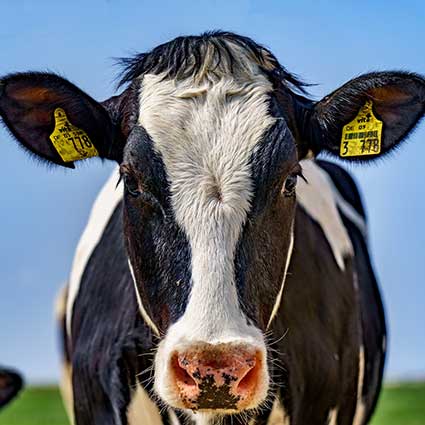
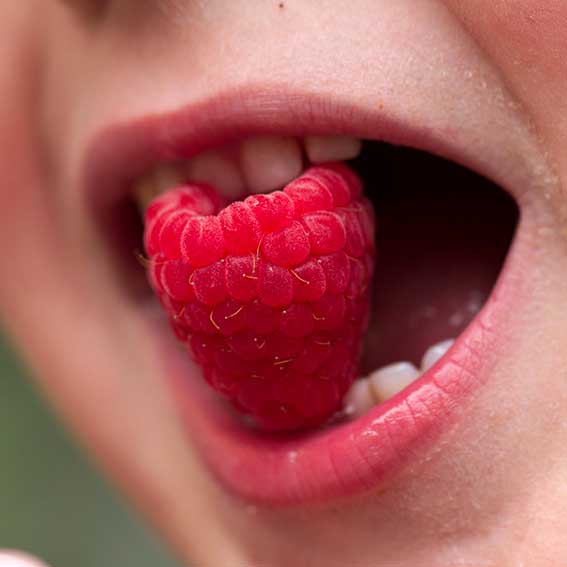
Fair-trade ensures producers are paid fairly for their work. It creates social & economic opportunities for producers and workers who have been disadvantaged by the conventional trading system.
For information about fairly traded goods visit: The Fairtrade Foundation
Less than 40% of the UK population eats the recommended minimum of five portions of fruit & vegetables a day, and childhood obesity & other food related illnesses are on the increase. At the same time 15% globally go hungry while in the UK we waste approximately one third of all food. A sustainable food system is about health & wellbeing for all – individually, locally and globally.
For information about a healthy diet visit: The Eatwell Guide

